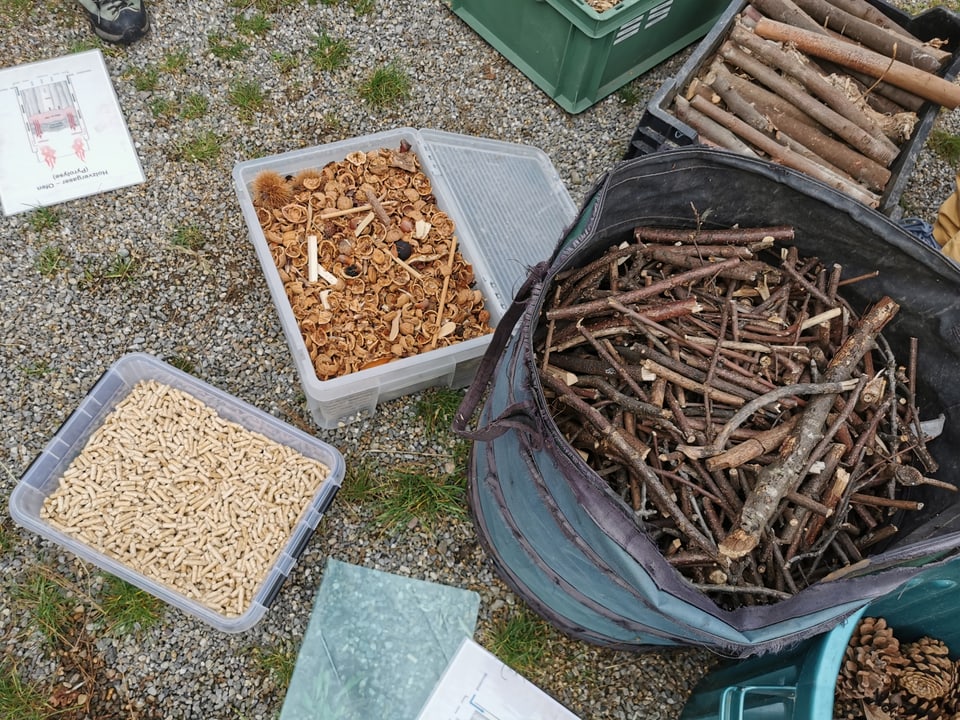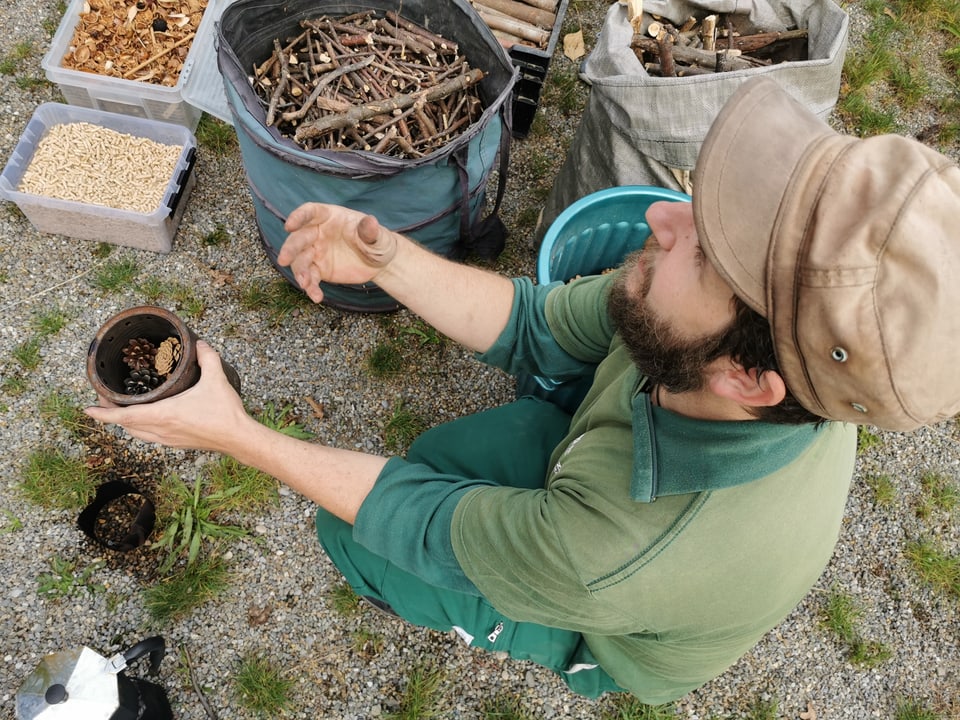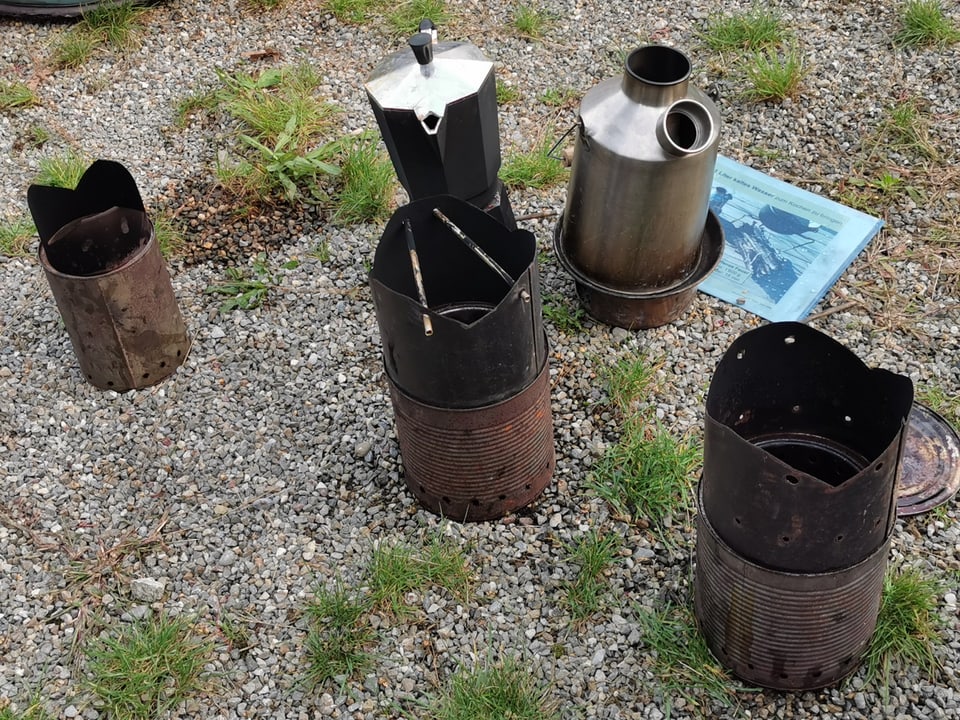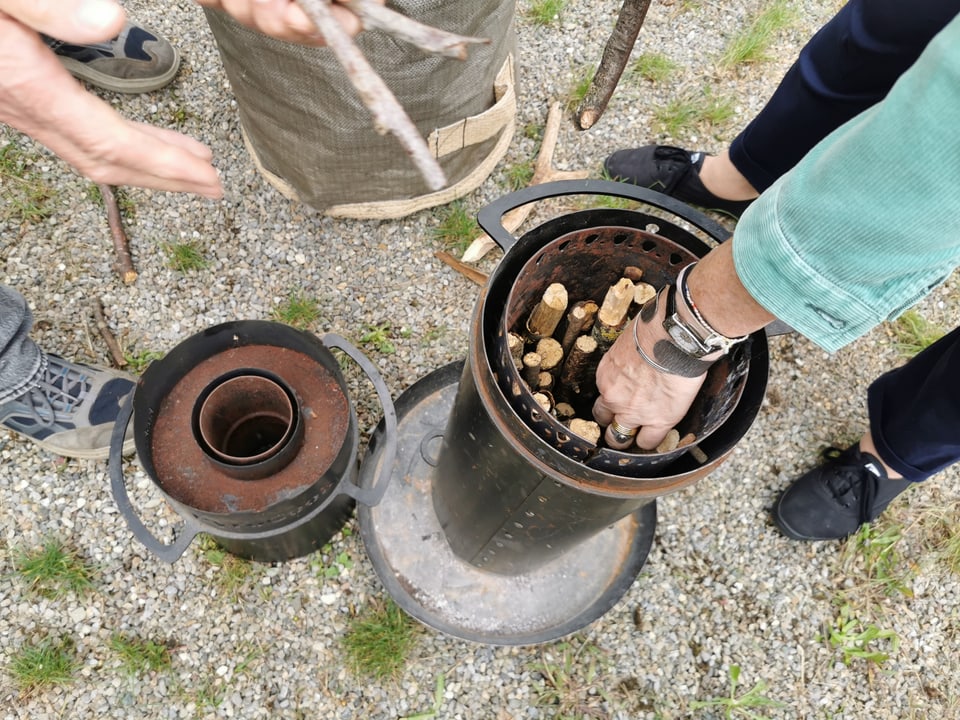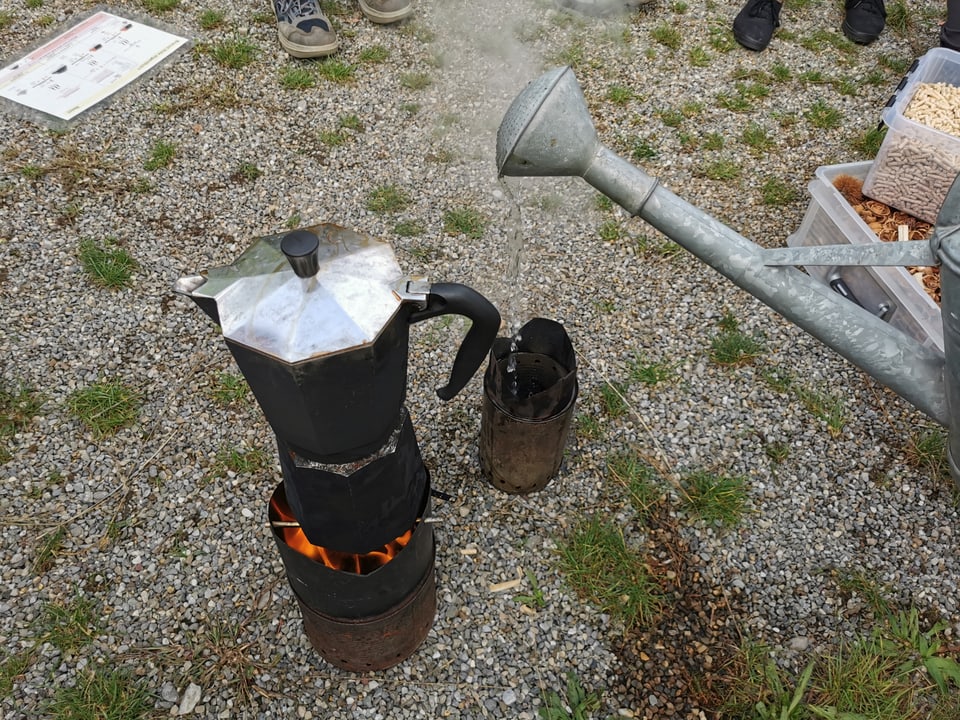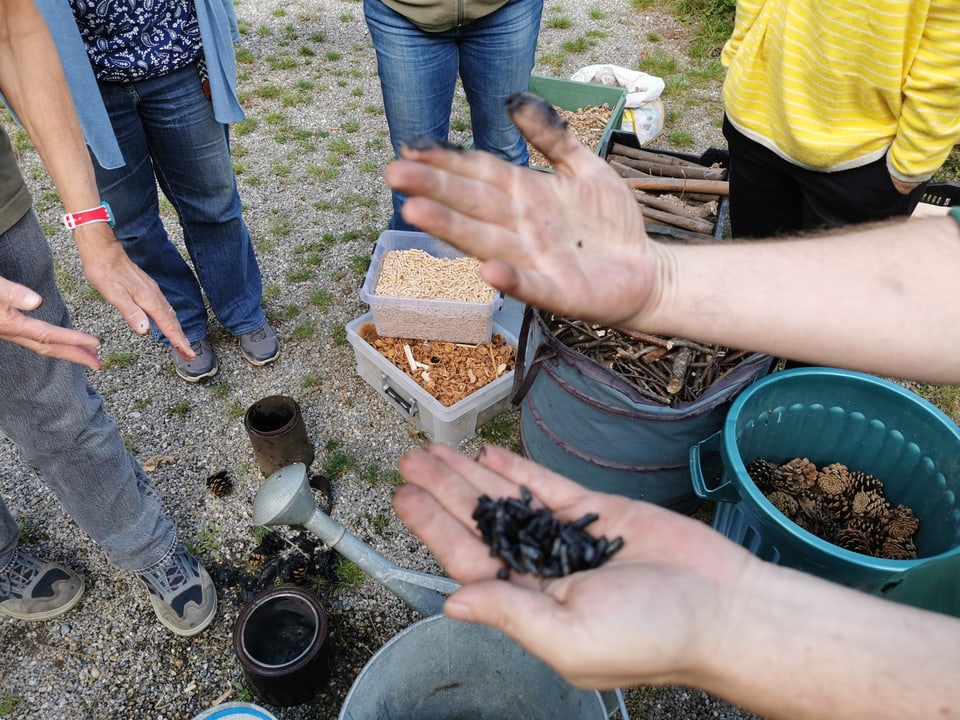Contents
Biochar courses are a hit. Many want to learn to make them. what’s the hype about?
Biochar is produced in a similar way to charcoal for grills. However, you don’t need it to fry sausages: it’s an ancient soil improvement method that is just being rediscovered. There is a real hype among amateur gardeners and farmers. Biochar is considered a miracle cure for soil, plants and climate. And also a good use for garden waste such as branches and wood.
Almost any plant material is suitable for production
Biochar is pure carbon
Courses on how to make your own biochar are now offered throughout Switzerland. In the city of Zurich, for example, from the organizations Bioterra and Grünstadt Zurich. Because the production is not that easy. Plant material is charred using pyrolysis: embers without smoke and without oxygen. The result is pure carbon that is then stored in the soil for hundreds or even thousands of years instead of being released into the atmosphere. The method is therefore considered particularly climate-friendly.
All you need is two empty Pelati cans
It’s not just dried branches or wood that are suitable for making biochar. Basically, any woody plant material works: even leaves, chips, pellets, cones, plum and avocado pits, date stones, chestnut or walnut shells. The main thing is that everything is well dried.
A special oven is required to produce biochar. A professional pyrolysis oven costs from 900 francs. For beginners, a self-made model made from two large Pelati cans is sufficient.
“Like wooden Tetris”
Fresh biochar must first go into the compost
Freshly made biochar should not be placed directly in the garden bed. Otherwise it would absorb nutrients and water like a dry sponge. Before the black gold can be put into the ground, it must be mixed with compost for a few weeks so that it can soak up nutrients beforehand. Only then does the biochar come into the garden bed.
“Lean, sandy soils particularly benefit”
In Switzerland, poor, permeable, sandy or dry soils in particular benefit from adding biochar, says Stefan Baumann from the Fibl Research Institute for Organic Agriculture. In “normal” soils, however, there are no major effects. The topic of biochar is not only a hype among hobby gardeners, but also in agriculture.
Be careful of harmful substances and toxins
However, Stefan Baumann from Fibl makes it clear that biochar is not a miracle cure. And you can also do a lot of things wrong. On the one hand, due to unclean production. But also if you buy cheap, non-certified biochar. If the quality is not right, you will get pollutants into the soil, warns the expert. Consumers should only buy EBC-certified biochar.

